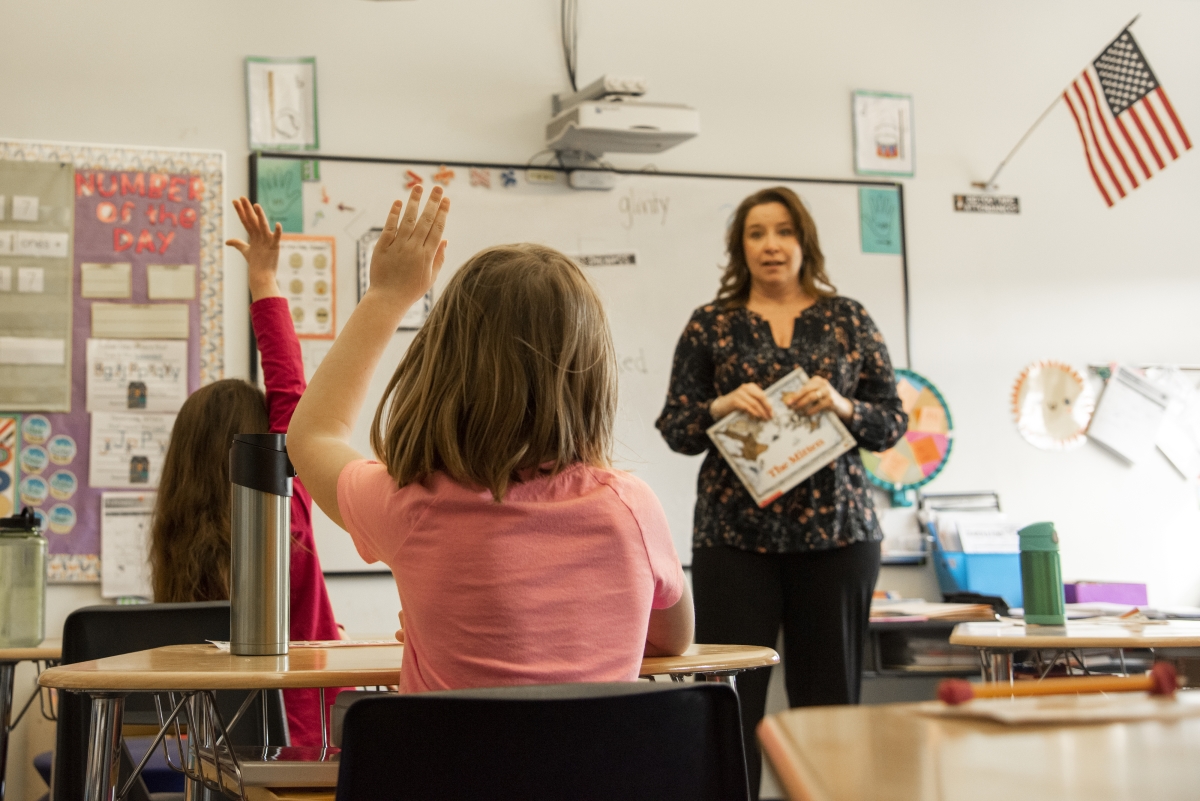
Chances are you may know someone who has been diagnosed with Autism Spectrum Disorder (ASD). As the number of ASD diagnoses continues to climb, we are seeing an increasing number of students impacted in unique ways by this complex learning difference.
Did you know (according to a recent study shared by Autism Parenting Magazine):
- The number of children identified with ASD has increased by 241% since the year 2000.
- One in 44 kids are diagnosed with ASD.
- Boys are four times more likely than girls to be diagnosed with ASD.
For students learning with autism, it’s important that their family, friends, and educators understand one of their most-faced struggles, which we hear from them personally: “social dyslexia” (as autism is sometimes referenced) affecting social cognition and relationships. How students feel in a classroom with peers and how they perceive their environments has a huge impact on their overall ability to overcome their obstacles, gain confidence, and thrive with a learning difference.
“I often hear students open up about their feelings of loneliness, their desire to make friends but feeling unsure of how to do that, and wanting to connect with others but feeling like they’re failing,” Janus’ Guidance Counselor Jay Keener shared. “They want to connect, but they just don’t know how. Sometimes they don’t even identify themselves as feeling lonely, but rather explain it as though they feel like they’re missing something.”
There are many causes that lead to their struggles in social environments and relationships, from sensory sensitivities and unexpected changes in plans or schedules, to the inability to share space effectively or communicate and interact with others. When students struggle with social interaction and acceptance, it can often lead to negative affects on their learning successes and self-perception.
“Children with autism can often identify emotions in others and are able to articulate the “right” social behaviors, but they experience difficulty in applying their knowledge in a fast moving, fluid social situation that has much contextual information to choose from,” Keener said. “Current studies on autism are taking a deeper look at dysfunction in the ability to make predictions, rather than smooth contextual thinking about what might happen next. There may be a rather rigid, in-the-moment process to making predictions about the future that are often wrong or clumsy, creating further anxiety and a sense of social failure.”
Helping Students Learn and Thrive In and Out of the Classroom
Not all great minds think alike; that’s why we teach differently. Janus’ approach focuses on empowering students to understand and confront their learning differences, so they can learn how to learn. For ASD, this focuses on helping students understand a “Social Thinking” approach, which is based on the theories of Michelle Garcia Winner, a speech language pathologist who specializes in the treatment of students with social cognitive deficits. This approach teaches students to think about others and predict and process the cause and effect of social interactions; it requires the practice of processing in the moment and learning from social “mistakes.”
At Janus, we are committed to helping slow down the social processes that occur throughout a school day to allow time for students to think through social situations as they unfold, as well as process them after the fact. The ability to give students this opportunity is dependent on an environment where students feel safe and can self-reflect (meta-cognition), think through social problems, and regulate emotions.
“Students often have never had friends before Janus and experience immediate acceptance here,” said Keener. “A lot of pressure is taken off of them, and we have the chance to teach them how to share space effectively and socially. What we find to be true is that there is an incredible diversity in thinking and behaviors in those with autism. There is amazing individuality and creativity that can be unlocked when students are given the right support and safe environment.”
Our teachers and staff are dedicated to helping students with learning differences learn how to learn and overcome education obstacles, so that they can become lifelong learners with the skills, strategies, and confidence to achieve both academic and personal success. The Janus School is the only K-12 school in Central PA dedicated to the needs of students with learning differences (including ASD, dyslexia, ADHD, a language or math-based learning disability, executive function disorder, and auditory processing disorder).
What if I suspect my child is struggling with a learning difference or disability?
If you believe your child may be struggling with a learning disability or difference, get in touch. Our team can help connect you with the resources and support to take the next positive step for your child and family.
“Aiden is so comfortable [at Janus]. He is able to be himself and it not only reflects while he’s here but we also see the difference in his personality and his behavior at home. He feels safe. He feels comfortable showing himself, whereas before … he was so overstressed, he was overmedicated, he came home angry and sad and felt bad about himself. Ever since being here … it was like a light switch, a 180.” – Connie & Mitch Linzey, parents of Aiden (diagnosed with ASD)